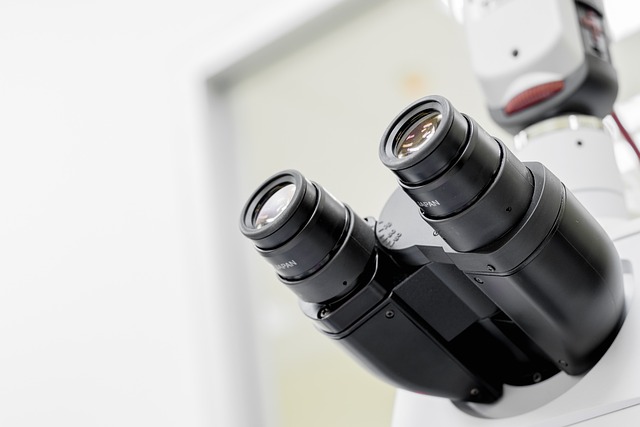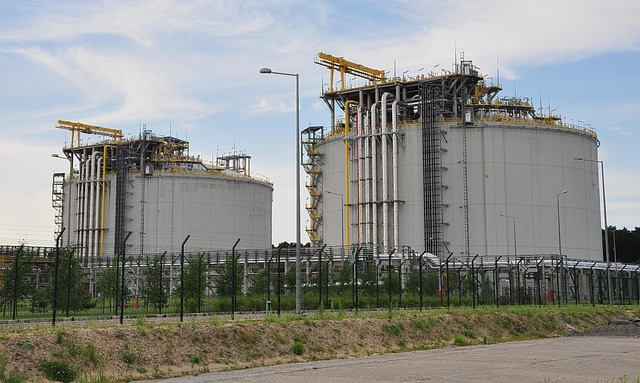
Small-Scale Science: Innovating Technology and Workplace Culture Through Experiments
In today’s fast-paced world, the intersection of science and technology is driving innovation in remarkable ways. Small-scale experiments are emerging as a key method for organizations to foster a culture of creativity and adaptability within the workplace. These experiments, which can be as simple as prototyping new tools or processes, have the power to not only generate groundbreaking ideas but also to significantly shift the dynamics of workplace culture.
When we think of traditional scientific methods, large-scale studies often come to mind. However, small-scale experiments can be equally impactful. They allow teams to test ideas quickly, make adjustments in real-time, and learn from their successes and failures without the overhead of extensive resources. This iterative process is essential in the tech landscape, where rapid advancements can make or break a company. For example, companies can run small-scale experiments to test new software features or explore innovative ways of collaborating, gathering feedback that drives meaningful improvements.
The beauty of small-scale experiments also lies in their ability to democratize innovation within the workplace. Every team member, regardless of their position, can contribute ideas and participate in the experimental process. This inclusion cultivates a culture of shared ownership and encourages risk-taking. When employees feel that their input is valued, they are more likely to engage in creative thinking and bring forth solutions that might otherwise remain hidden.
It’s not just the products or technologies that benefit from this experimental approach. Workplace culture is profoundly influenced by the practice of conducting small-scale experiments. Employees are encouraged to think outside the box and challenge the status quo. A culture rooted in innovation promotes resilience, as teams learn to embrace failure as a stepping stone towards success. They become more adaptive, nimble, and better equipped to tackle the unpredictability that comes with technological evolution.
Moreover, small-scale experiments can also help organizations identify and cultivate emerging leaders. Through these initiatives, individuals who may not have had opportunities to showcase their skills previously can step up and demonstrate their potential. Working on experimental projects allows them to take initiative, collaborate across disciplines, and hone their problem-solving abilities. This not only benefits the individuals involved but also creates a more dynamic and engaged workforce.
As technology continues to advance at breakneck speed, companies must embrace the concept of small-scale experiments to remain competitive. By fostering a culture that values curiosity and experimentation, organizations position themselves to adapt swiftly, harnessing innovation at every level. Whether it’s developing a new product, refining internal processes, or enhancing workplace culture, every small-scale experiment contributes towards building a resilient and future-focused organization.
In summary, small-scale experiments serve as a catalyst for innovation within both technology and workplace culture. They encourage collaboration, inclusivity, and a willingness to learn from experimentation. As we look to the future, embracing small-scale experiments will be essential for organizations aiming to thrive in an ever-evolving landscape.



